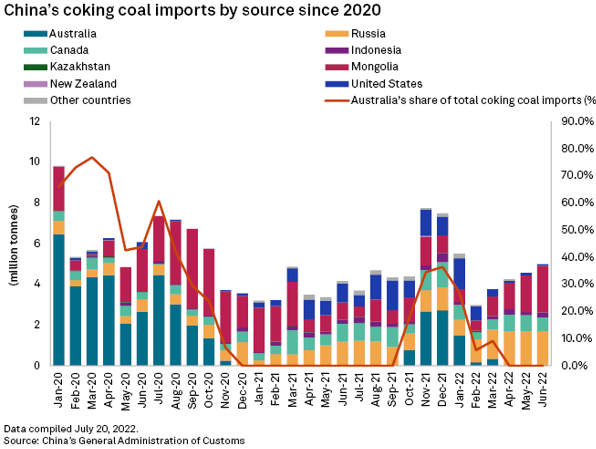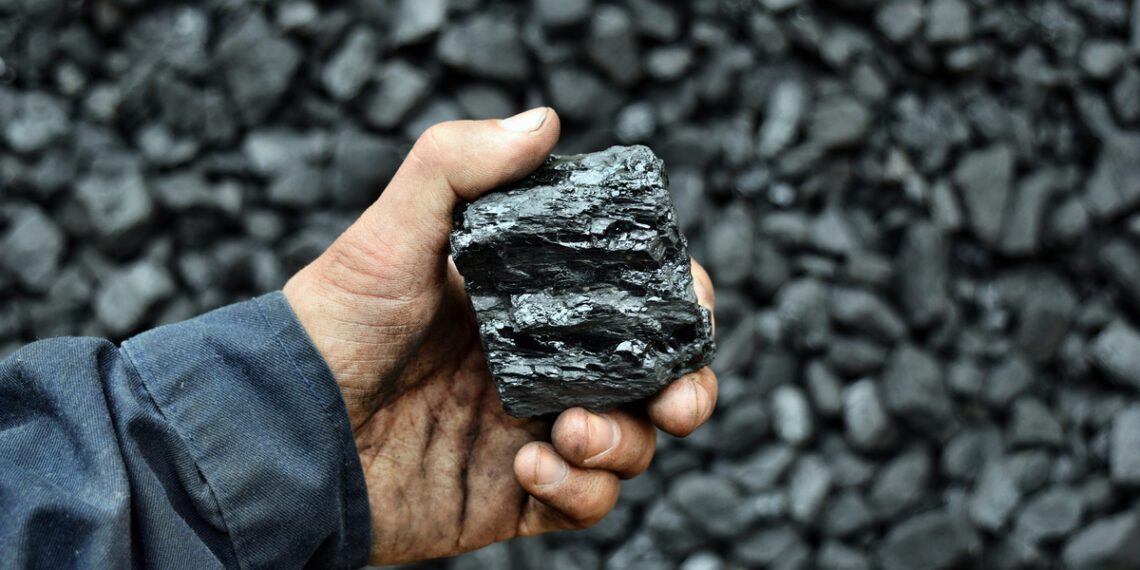After two years of silence, a second senior ministerial meeting between Australia’s foreign minister, Penny Wong, and China’s state councillor and foreign minister, Wang Yi, has taken place. The meeting comes amidst two years of an unofficial ban placed on Australian metallurgical (or “coking”) coal by the Chinese government.
The summit emerged on the back of the G20 foreign ministers meeting in Bali, Indonesia, advocating the initiation of more stabilized diplomatic relations between the two countries.
In an official news release from the Chinese Office of the Commissioner of the Ministry of Foreign Affairs regarding the meeting, Wang Yi stated: “As the 50th anniversary of the establishment of diplomatic relations between China and Australia draws near, China is ready to re-examine, re-calibrate, and reinvigorate bilateral ties in the spirit of mutual respect, and strive to bring bilateral relations back on the right track.”
News of the imposed ban was first reported on 9 October 2020, when details started to emerge of Beijing providing countrywide verbal commands to suspend all imports of Australian coal for an indefinite period. This transpired in the wake of strained relationships between the two countries, perpetuated by Canberra’s call for an investigation to take place into China’s management of the COVID-19 pandemic. Despite importing 40% of its metallurgical coal from Australia, China’s unofficial ban proceeded.
This came as a collective blow, with China and Australia being long-term trading partners. Coal, iron ore, and liquified natural gas are the leading three commodity exports from Australia and a significant source of income. Similarly, Australia used to be a dominant supplier of iron ore and coking coal for China.

Since then, China’s supply of metallurgical coal has seemingly withstood the pressures of the ban but has started to face ambiguity in light of growing international political tensions. A stagnant supply could pose problems, especially considering that last year alone, China produced 54% of the global total of 1.75B metric tonnes of steel, according to Bloomberg Intelligence. Now, to improve metallurgical coal resources, Chinese government officials have started examining the country’s energy position and are teetering on lifting the ban on Australian coal, according to a Bloomberg report.
Data from analytics firm Kpler indicates that in July this year, China was projected to import 23.14Mt of coal, with 13.65Mt sourced from Indonesia, and 6.7Mt from Russia. Comparably, by July 2020, China had imported an estimated 22.44Mt of coal, predominantly from Australia and Indonesia. The virtually inexistent gap between statistics implies motives for the lift centre around concerns of supply chain disruptions in the face of Western-led sanctions on Russia, rather than Australia’s absence – resulting in little impact on the market.
Clyde Russell, in his column for Reuters, proposes that the lift is more likely an intrinsic part of “political overtures” related to efforts to improve relations since the election of the centre-left Australian Labor Party, replacing the conservative Liberal-National coalition, which would gain popularity with the new Australian federal government.
Whatever the motive, relations between the two nations seem to be heading towards a more amicable future.
Australia’s Penny Wong encapsulated the Australian government’s thoughts towards the changing tide, by stating that “Australia and China are comprehensive strategic partners, with extensive associations and close economic and trade exchanges benefiting the two peoples.”












